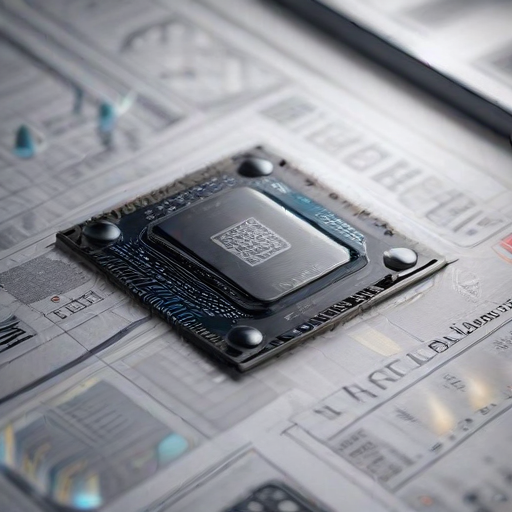As the United States contemplates stricter trade restrictions aimed at preventing advanced chip technology from being acquired by China, Nvidia, the prominent U.S.-based semiconductor manufacturer, is reportedly developing a version of its cutting-edge artificial intelligence chips to adhere to these impending regulations.
According to reports, Nvidia is collaborating with a Chinese distribution partner named Inspur to introduce and market the new chip, tentatively referred to as the “B20,” in China. The B20 is planned for shipment starting in the second quarter of 2025.
Despite the challenges posed by U.S. trade regulations, Nvidia has developed three specific chips, including the H20, designed to meet U.S. export controls. In light of sluggish sales, the company has reduced the prices of the H20 in order to compete effectively against domestic rival Huawei. Fortunately, sales of the H20 chips have shown recent growth, with expectations to sell over one million units in China this year, generating around $12 billion in revenue, according to SemiAnalysis data. This anticipated sales volume outpaces Huawei’s projections for its Ascend 910B chip.
However, the future of Nvidia’s H20 chips remains uncertain due to the likelihood of further restrictions. Analysts from Jefferies have indicated that during the U.S. annual review of semiconductor export regulations scheduled for October, the H20 could face a sales ban to China. Potential measures could include a specific ban on the product, a reduction in allowable computing power, or limitations on memory capacity.
Additionally, there may be extensions of these trade controls to cover chips sold to other nations in the region, such as Malaysia, Indonesia, and Thailand, or potentially to Chinese companies operating abroad, though such actions would present greater implementation challenges.
This development reflects the ongoing tension in U.S.-China trade relations, emphasizing the intricate balancing act that companies like Nvidia face in navigating government regulations while striving to maintain competitive advantages in the rapidly evolving tech landscape. Despite the potential hurdles, Nvidia’s ability to innovate and adapt promises a continuing role for the company in the global market, showing resilience in the face of uncertainty.
In summary, Nvidia is proactively responding to U.S. trade restrictions by designing compliant products for the Chinese market. While challenges lie ahead, their commitment to innovation and adaptation points to a positive outlook for the company and its role in the semiconductor industry.
